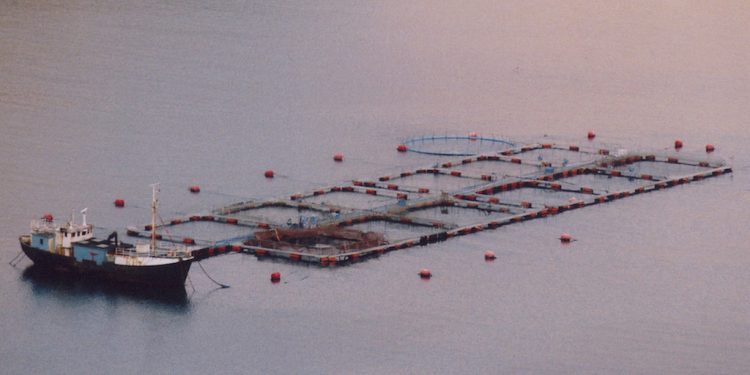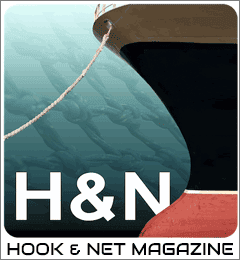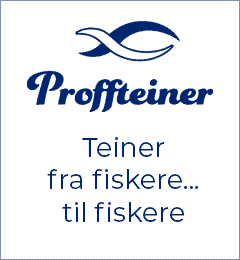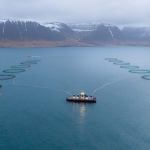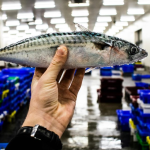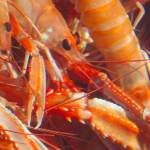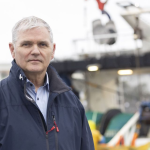The Government of Canada plans to ban open net-pen salmon aquaculture in British Columbia coastal waters by 30th June 2029, as announced by Minister of Fisheries, Oceans and the Canadian Coast Guard Diane Lebouthillier.
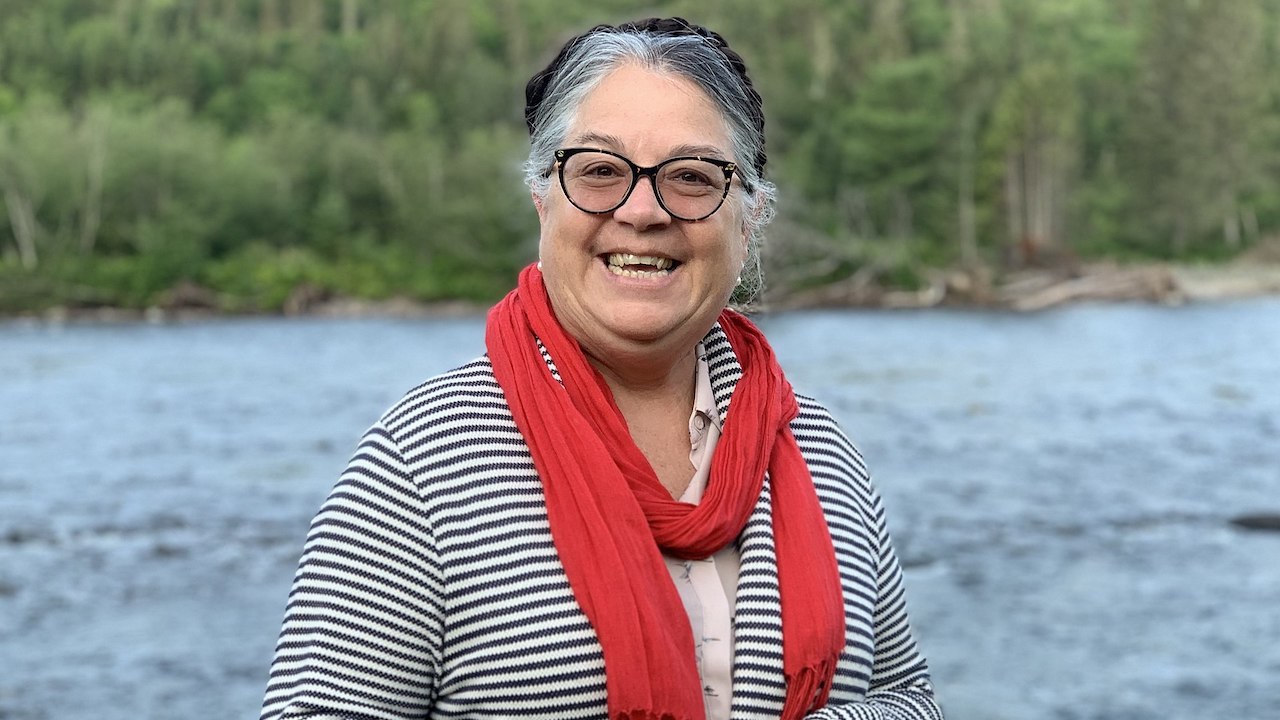
To facilitate a successful transition, the Minister also announced her intention to renew salmon aquaculture licences for five years. As of this year, these come with stricter conditions to ensure improved management of sea lice on farmed fish, robust reporting requirements for industry, and additional monitoring of marine mammal interactions.
‘In 2019, we committed to developing a responsible plan to transition from open-net pen salmon farming to closed containment technologies, in order to protect and support our crucially important wild Pacific salmon and create a vibrant marine ecosystem and sustainable industries for generations to come,’ said Minister Diane Lebouthillier.
‘We are delivering on that promise and taking an important step in Canada’s path towards salmon and environmental conservation, sustainable aquaculture production, and clean technology. We recognize the importance of meaningful and thoughtful engagement with First Nations partners and communities as we move forward, in order to ensure that economic impacts are mitigated and we incentivize and promote wild fish health, reconciliation, economic development, and food security as we move forwards.’
After 1st July 2024, only marine or land-based closed-containment systems will be considered for salmon aquaculture licences in coastal British Columbia. The Government of Canada recognises that such systems are likely to incur increased investment costs, and to provide greater predictability, Minister Lebouthillier also announced her intention to issue nine-year licences to successful closed-containment production applicants.
A number of First Nations, coastal communities, and others in British Columbia rely on open net-pen aquaculture for their livelihood and prosperity. The Canadaian government expects to release a draft salmon aquaculture transition plan by the end of next month, setting out how it intends to support First Nations, workers, and communities in this transition, while also identifying economic supports for the use of innovative and clean aquaculture technology, plus the principles and criteria for the transition of salmon open net-pen aquaculture over the five-year licence period, and management of salmon open net-pen aquaculture until the ban is fully implemented.
This transition only applies to aquaculture practices in British Columbia, where Fisheries and Oceans Canada is the lead regulator for aquaculture. Elsewhere in Canada, where provinces and territories are the lead regulator.

